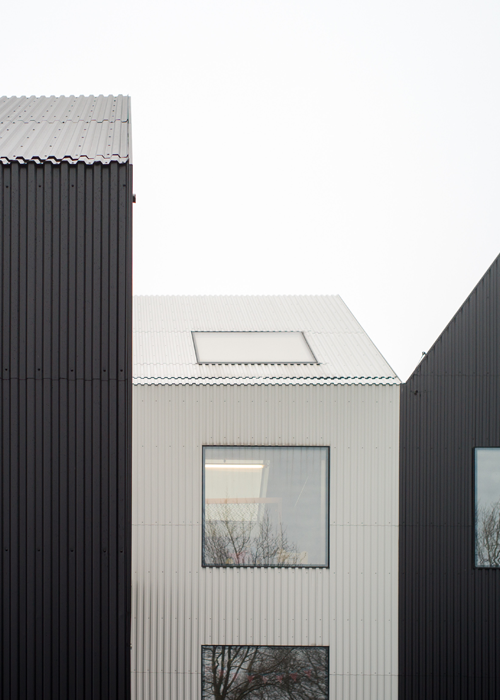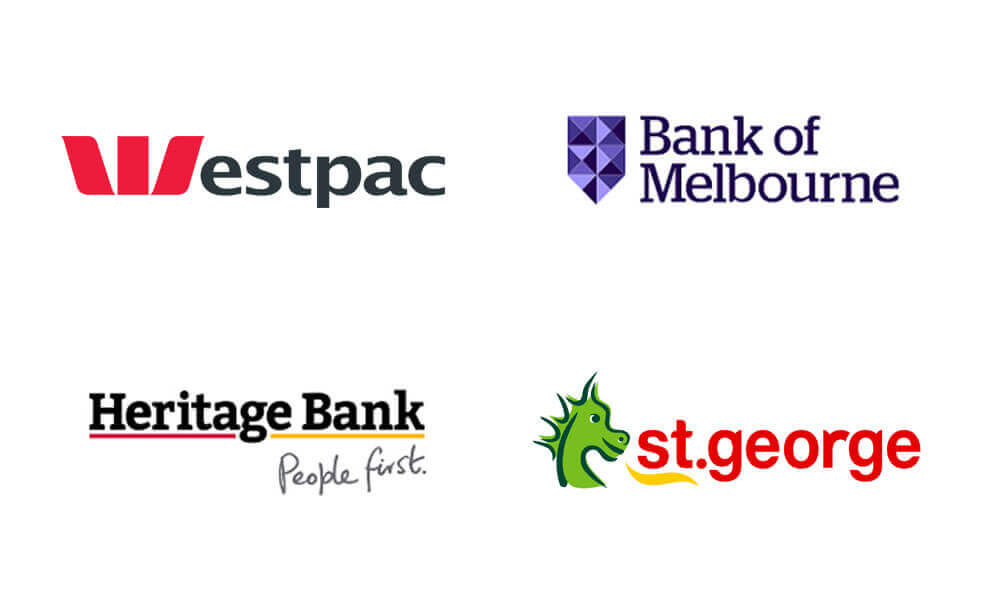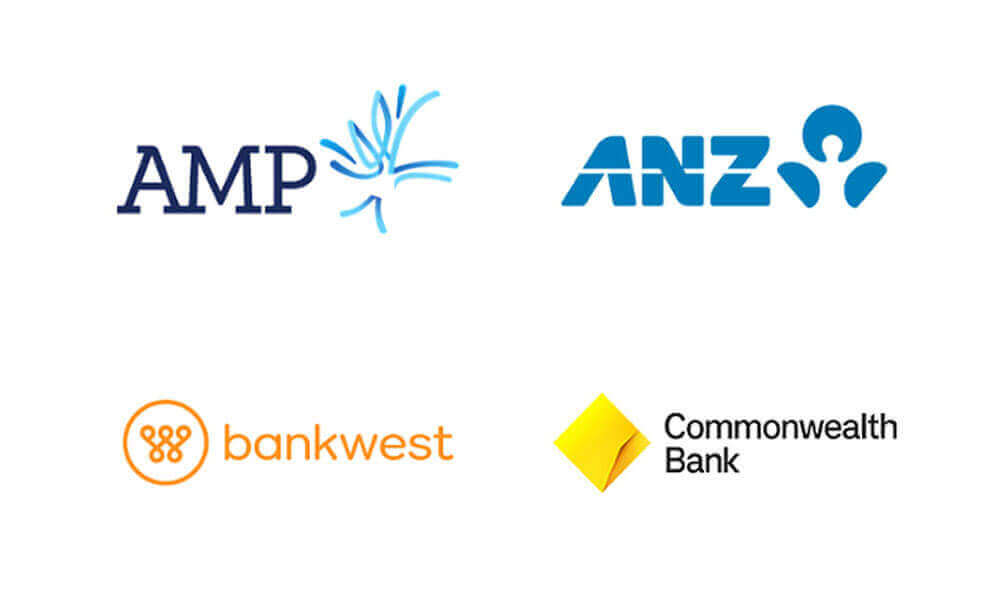
When should you refinance an investment property?
With hundreds of thousands of mortgages rolling off fixed rate terms and property owners facing…

With housing prices on the rise, more individuals are contemplating the idea of purchasing a tiny home for either permanent residence or as a holiday getaway.
The tiny house movement has gained momentum over the years, yet legal frameworks have not kept pace, causing confusion about what is permissible.
If you’re considering embracing the tiny home lifestyle, here are several key considerations to keep in mind before making a purchase.


Why people buy tiny homes
What are the regulations?
Navigating regulations around tiny houses can be complex and varies significantly by location. Many councils lack clear guidelines specifically for tiny houses, complicating matters for prospective owners.
There are generally two types of tiny homes: those built on a foundation and those on a trailer with wheels.
Tiny houses on a foundation are typically treated as permanent dwellings and require council approval and building permits, similar to conventional buildings.
To circumvent these regulatory challenges, many people opt to keep their tiny homes on wheels. Councils often categorise these homes similarly to caravans, which can simplify regulatory compliance. However, it’s important to note that the trailers on which tiny houses are constructed must also meet specific standards set by local authorities.
In many states, there are restrictions on the duration for which you can permanently reside in tiny homes on private land. However, some councils are beginning to relax these rules in response to growing interest in tiny house living.
Bottom line: Before purchasing a tiny house, it’s crucial to contact your state or territory government and local council to understand the latest regulations that apply to you. Additionally, you’ll need to research the maximum size limits allowed for your tiny home.
You can find more information, including local laws and state regulations, on the Australian Tiny House Association website.
What about finance?
If you choose a tiny home on wheels (legally classified as a caravan), traditional home loan applications may not be applicable. However, this doesn’t mean your dream of owning a tiny home is impossible.
We can explore alternative financing options such as personal loans or leveraging existing equity to fund your build. Additionally, if you need financing for purchasing land to park your tiny home on or for the vehicle to tow it, we can assist with those options too.
If you’re intrigued by the idea of joining the tiny home movement, reach out to your 1st Street Mortgage Broker and let’s start exploring your possibilities. Together, we can set your plans in motion.
* All information is intended to be a guide only and should not be considered legal advice. It’s always best to contact your state and local councils before purchasing a tiny house.

With hundreds of thousands of mortgages rolling off fixed rate terms and property owners facing…

With housing prices on the rise, more individuals are contemplating the idea of purchasing a…
We can help get you into your new home.
We’ve worked with clients across Australia to access the different first home owner grants (FHOG) as well as the various stamp duty and other concessions that may be available depending on which state you are in. We can talk you through your various options as well as helping you compare things like buying vacant land vs. an established home.
Use our online calculators to work out how much you can borrow, loan repayments, stamp duty and lots more.






